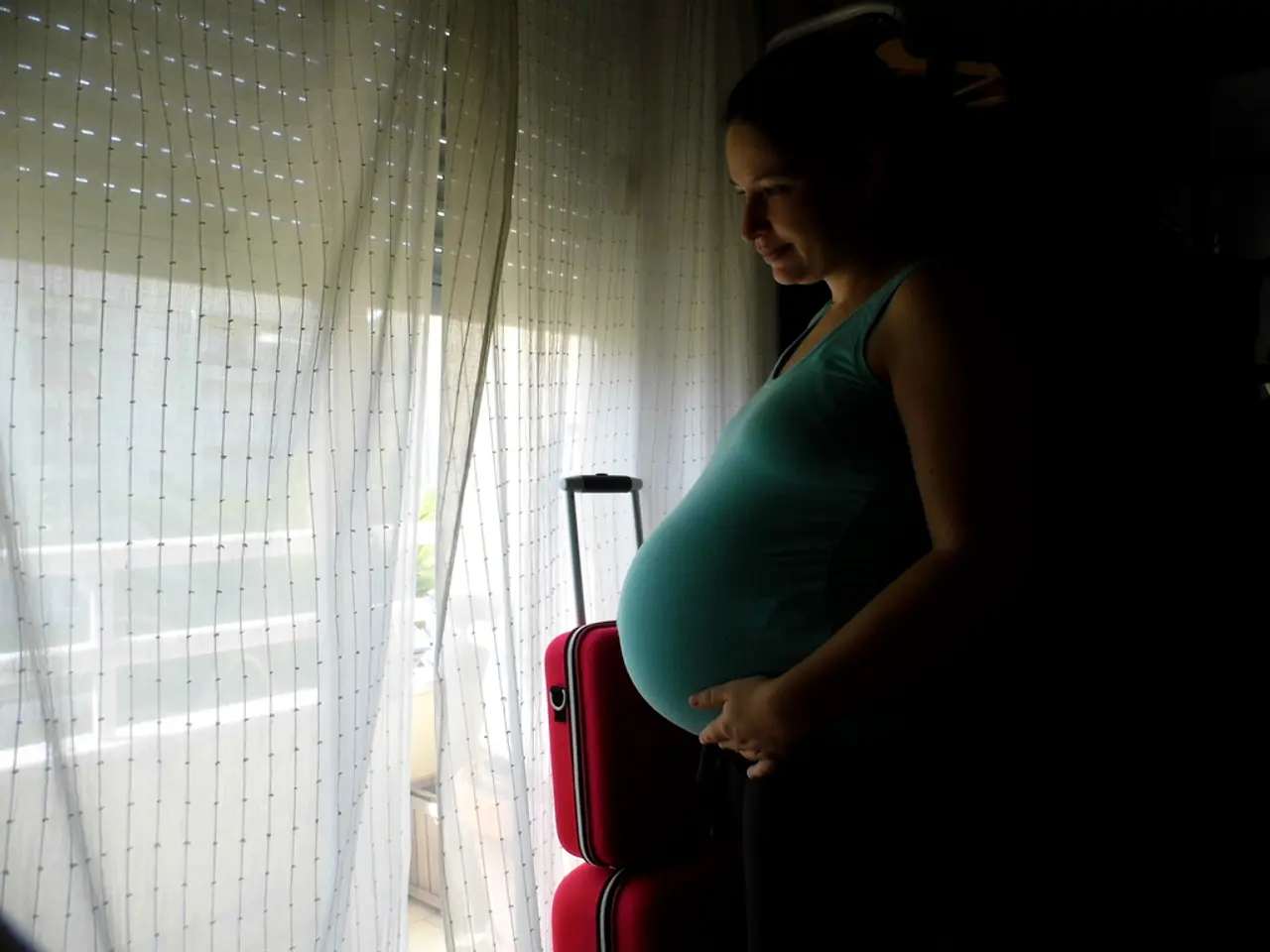Discussion Point: Given the UK's achievement with three-parent IVF, is it time for Singapore to reevaluate its stance on this assisted reproductive technique?
In the global medical community, a significant development has been unfolding – the use of Mitochondrial Replacement Therapy (MRT), also known as three-parent IVF. This technique, designed to help women who are carriers of mitochondrial diseases, has recently resulted in healthy births in the United Kingdom and Australia [1][4][3].
While Singapore's Bioethics Advisory Committee (BAC) had previously recommended against MRT in 2021, citing safety uncertainties and ethical concerns [1], recent UK clinical successes, such as the integration of preimplantation genetic testing (PGT) with pronuclear transfer, demonstrate a more cautious and effective clinical approach with promising outcomes [3]. Australia is also considering MRT as part of its policy restructuring, supported by academic and government public consultations [4].
The potential benefits of MRT are significant, particularly for families at risk of passing on mitochondrial diseases, which can cause a variety of serious health problems, including stroke-like episodes, seizures, hearing loss, diabetes, and deterioration of brain functioning [5]. However, the challenges are not insignificant. The rarity of mitochondrial diseases, the need for comprehensive public consultation, potential legal reforms, expert recruitment, and significant resource allocation are all factors that need to be considered [1].
As the debate is not solely scientific or ethical but also centres on cost-benefit considerations and societal readiness, experts are advocating for reopening the discussion in Singapore about MRT. The UK and Australian experiences provide an empirical basis to carefully explore regulatory changes or pilot programs under strict oversight [1][4].
In conclusion, while Singapore’s prior stance was cautious, the emerging evidence of MRT's safety and health benefits abroad suggests it is appropriate for Singapore to reconsider permitting mitochondrial replacement therapy. Initiating updated societal and regulatory conversations with a measured, evidence-informed approach is crucial to ensure that families at risk of mitochondrial diseases have access to this potentially life-changing treatment.
References:
[1] Bioethics Advisory Committee, Singapore. (2021). Mitochondrial Donation: An Interim Report. Retrieved from https://www.moh.gov.sg/docs/librariesprovider7/default-document-library/mitochondrial-donation-interim-report
[2] Human Fertilisation and Embryology Authority. (2015). Mitochondria donation: the regulations. Retrieved from https://www.hfea.gov.uk/about-us/our-work/mitochondria-donation/the-regulations/
[3] Newcastle University. (2016). World's first baby born using 'three-parent' IVF technique. Retrieved from https://www.ncl.ac.uk/newcastle-university/about/universitynews/archive/2016/05/worlds-first-baby-born-using-three-parent-ivf-technique/
[4] Australian Government Department of Health. (2021). Mitochondrial donation: Regulation Impact Statement. Retrieved from https://www.health.gov.au/resources/publications/mitochondrial-donation-regulation-impact-statement
[5] Mitochondrial Disease Foundation. (n.d.). What is mitochondrial disease? Retrieved from https://www.mitofoundation.org/what-is-mitochondrial-disease/
- In light of the UK and Australian successes with Mitochondrial Replacement Therapy (MRT), it is worthwhile for experts to offer science-based commentary on whether Singapore should reconsider its stance, given the potential health benefits for families at risk of passing on mitochondrial diseases.
- As the global medical community continues to advance in health-and-wellness innovations, ongoing discussions surrounding MRT and its ethical, cost-benefit, and societal implications serve as valuable examples for scholarly analysis and public discourse in the field of science and bioethics.




